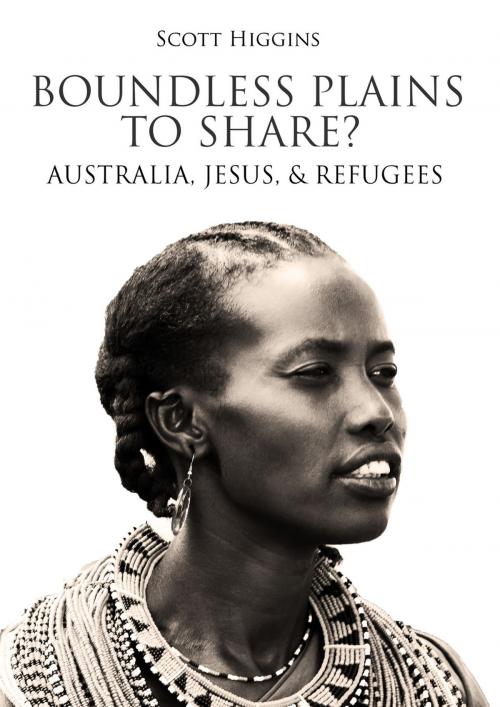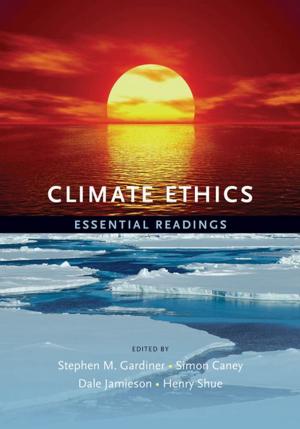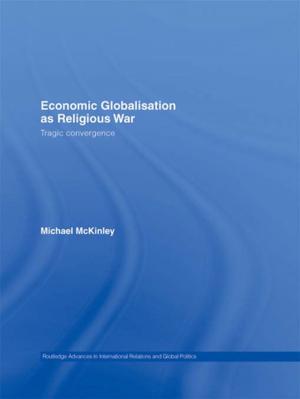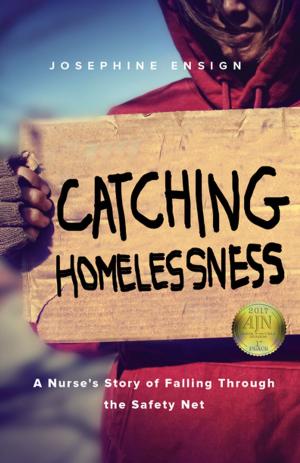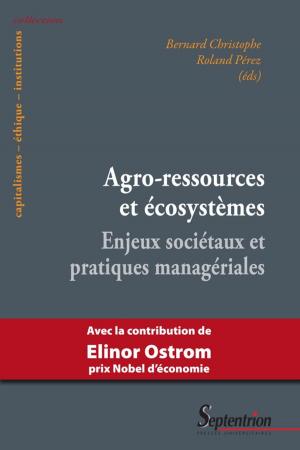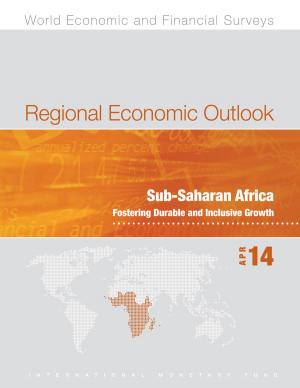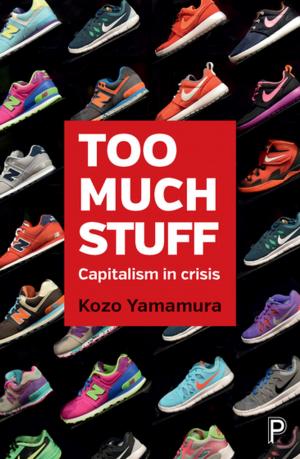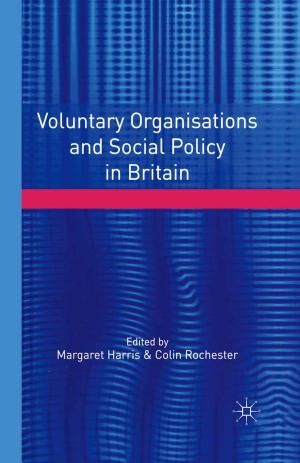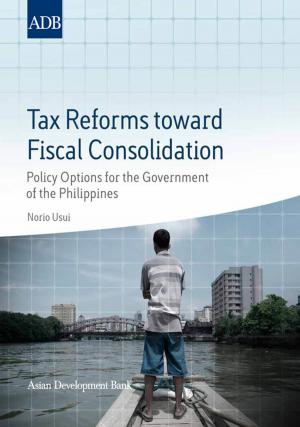Boundless Plains to Share. Australia, Jesus & Refugees
Nonfiction, Religion & Spirituality, Theology, Ethics, Social & Cultural Studies, Political Science, Government, Social Policy| Author: | Scott Higgins | ISBN: | 9781370461042 |
| Publisher: | Scott Higgins | Publication: | March 20, 2018 |
| Imprint: | Smashwords Edition | Language: | English |
| Author: | Scott Higgins |
| ISBN: | 9781370461042 |
| Publisher: | Scott Higgins |
| Publication: | March 20, 2018 |
| Imprint: | Smashwords Edition |
| Language: | English |
Australia is a swirling mass of contradiction, fear and hope when it comes to refugees. The country's status as an island nation far removed from the world's conflict hotspots means that Australia has very few refugees showing up on its borders seeking protection, yet Australians have imagined a crisis into being and enacted harsh measures to assert control over our fictional crisis. Public discourse is characterised by half-truths, misconceptions and outright falsehoods. Australians have learned to fear asylum seekers and refugees. Yet there is widespread admiration for those refugees who have settled here.
Meanwhile, there is a real refugee crisis going on in the world. More than 22 million people have fled their homes and their country because it is no longer safe for them to live there. They cast themselves upon an international community that accepts responsibility to care and protect, but simply fails to deliver.
This short book is intended to help you navigate a path through the lies, distortions and half-truths to gain a sense of what is happening in the world, how it might be framed biblically, and how we might respond. It begins with the experiences of refugees, listening to their stories. From there the argument moves to the global picture, exploring the shape of the refugee crisis and why the international protection system is failing to deliver. This provides the necessary framework to understand Australia's place in the crisis, which is explored in chapter 3, tracing the evolution of Australia's response to asylum seekers that arrive by boat from a stance of protecting refugees from those they are fleeing to a position of Australians protecting themselves from the refugees who are arriving. Having outlined the current situation and the challenges, chapter 4 explores biblical themes that should inform our response. Chapter 5 outlines what a better way forward might look like for the world and for Australia, while the final chapter provides practical suggestions as to what a local church can do to bring about change.
A three-part small group discussion guide can be found at the back of the book.
Australia is a swirling mass of contradiction, fear and hope when it comes to refugees. The country's status as an island nation far removed from the world's conflict hotspots means that Australia has very few refugees showing up on its borders seeking protection, yet Australians have imagined a crisis into being and enacted harsh measures to assert control over our fictional crisis. Public discourse is characterised by half-truths, misconceptions and outright falsehoods. Australians have learned to fear asylum seekers and refugees. Yet there is widespread admiration for those refugees who have settled here.
Meanwhile, there is a real refugee crisis going on in the world. More than 22 million people have fled their homes and their country because it is no longer safe for them to live there. They cast themselves upon an international community that accepts responsibility to care and protect, but simply fails to deliver.
This short book is intended to help you navigate a path through the lies, distortions and half-truths to gain a sense of what is happening in the world, how it might be framed biblically, and how we might respond. It begins with the experiences of refugees, listening to their stories. From there the argument moves to the global picture, exploring the shape of the refugee crisis and why the international protection system is failing to deliver. This provides the necessary framework to understand Australia's place in the crisis, which is explored in chapter 3, tracing the evolution of Australia's response to asylum seekers that arrive by boat from a stance of protecting refugees from those they are fleeing to a position of Australians protecting themselves from the refugees who are arriving. Having outlined the current situation and the challenges, chapter 4 explores biblical themes that should inform our response. Chapter 5 outlines what a better way forward might look like for the world and for Australia, while the final chapter provides practical suggestions as to what a local church can do to bring about change.
A three-part small group discussion guide can be found at the back of the book.
